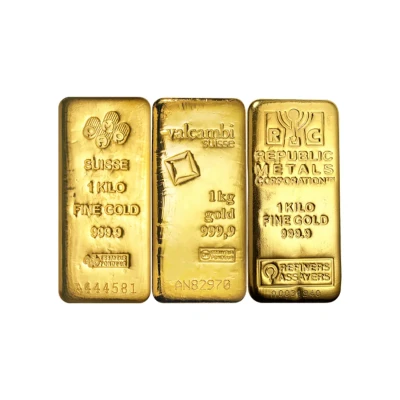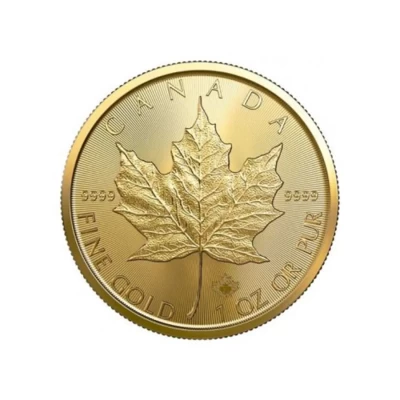News
Inflation is coming: Signs that everything is about to get much more expensive
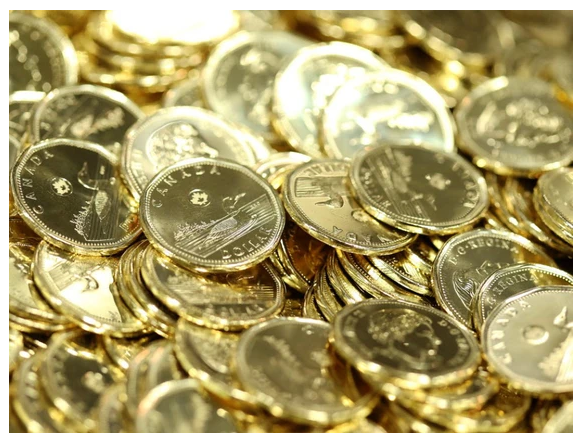
A rundown of all the reasons that your loonies could soon be losing up to 5 cents of value every year.
We have bad news for you, reader: Real estate is crazy expensive, your money isn’t going to do anything for you in a bank account, and now that $20 in your pocket may start hemorrhaging value just by virtue of existing. Below, a rundown of all the reasons that your loonies could soon be losing up to 5 cents of value every year.
If you haven’t noticed, the price of virtually everything is skyrocketing.
Lumber prices are out of control: A 2×4 that cost $4 a year ago is now north of $15. Canada’s Food Price Report is seeing grocery prices rise faster than at any point since they started tracking them. Oh, and there’s that little issue of an absolutely untamed housing bubble reaching every corner of the Canadian map. Gasoline is also spiking up in value, but petroleum is always a bit of a wildcard, so it’s best not to lump it in with other consumer spending.
In its purest form, inflation means that everything gets more expensive. The value of a dollar goes down, so you need more of them to buy a Big Mac (which is why a Big Mac cost $0.88 in 1978 and $5.69 in 2021). So it’s very reasonable to assume that if your dollar suddenly can’t buy you nearly as much as it used to, then it might have begun to devalue.
To be sure, the Consumer Price Index, Canada’s usual metric for inflation, isn’t showing that anything too weird is happening. The index, which regularly tracks the prices of a fixed list of goods and services, has always had its inaccuracies. Most notably, the index can’t account for changes in consumer behaviour, such as whether rising beef prices have driven Canadians to eat chicken – the index would just conclude they’re spending more on beef.
COVID-19 dropped a bomb on our usual understanding of consumer behaviour, spurring endless weird anomalies like a steep rise in alcohol sales, a boom in home baking and a run on sex toys, among others. If there was ever a time to be skeptical of the CPI’s forecasting powers, it’s probably now.
Governments have been utterly blowing out their spending
In the current financial year, Canada is running up a deficit that could have singularly paid for the country’s entire contribution to the Second World War. Running up a $55 billion deficit at the height of the Great Recession was considered extreme, and we just septupled that without blinking.
Worse still, there are compelling signs that the government spent much of this cash without needing to. Throughout the pandemic Canadians have been hoarding cash at utterly unprecedented rates. In November, a CIBC analysis found that Canadians were sitting on more than $90 billion in excess cash – which is not behaviour typical of a population in dire economic straits.
While COVID-19 was devastating to those in the tourism and hospitality sectors, it left other areas of the economy relatively unscathed. Regardless, a series of blunt relief measures showered cash on everyone, including millions who didn’t need it. The numbers show that a surprising number of CERB cheques weren’t used to pay rent or buy groceries – they were simply put in the bank.
Money is ultimately no different than plenty of other things in our economy: If there’s a lot of it around, it becomes less valuable. If the federal government sent every single Canadian a parrot they didn’t need, you can expect that the price of parrots (which currently stands at about $2,000 per bird) would plummet overnight. Similarly, when Ottawa is spraying its citizens with a firehose of unneeded cash, don’t be surprised if that cash starts to lose some of its purchasing power.
A mountain of stashed-away money is about to be unleashed on the economy
Economist Ian Lee, an associate professor at Carleton University, has been warning about a coming tide of inflation since well before COVID-19 sent the Canadian economy into conniptions. The reason? There is an unprecedented store of savings in this country that is just about to be set free.
For the last 30 years, millions of humans have been stashing away money faster than any other point in history. This is why interest rates have been so unbelievably low for so long: If people are falling over themselves to stuff your bank vaults with money, you don’t have to pay them all that much for the privilege.
“Now what’s happening is that the boomers are moving into their senior years and they’re starting to dissave,” Lee told the National Post. Nest eggs that have been lovingly cultivated since the 1980s are increasingly getting plunked down on e-bikes and Rolling Stones box sets – and it’s all adding up to a tidal wave of new spending. Just as with all the government money blowing around, this glut of Boomer cash is similarly poised to bring down the value of the dollar generally.
With widespread business closures, a lot of that money is going to have nowhere to go
In a January survey, the Canadian Federation of Independent Businesses found that nearly 200,000 of their members did not anticipate surviving COVID-19. In Toronto, photographer Ryan Bolton recently published a photo gallery documenting 64 businesses along a single street that were wiped out during COVID-19.
This is bad news at the best of times, but particularly bad when your populace has a whole pile of hoarded money they’re looking to spend. As outlined above, there are billions upon billions of dollars burning a hole in our collective pockets, and 12 months of COVID lockdowns just wiped out all our favourite places to spend it. And whenever you have a whole bunch of money and a scarce number of places to put it, things start getting more expensive.
Canada is essentially poised to undergo a macro version of what happens in remote boom towns. In Dawson City during the Klondike Gold Rush, for instance, you had a disproportionate number of new millionaires stuck in the middle of nowhere with limited means to spend their new fortunes. The result was an utterly ridiculous bidding-up of relatively pedestrian commodities, such as fresh eggs selling for the modern equivalent of $100 a piece.
Bond prices are going (way) up
A quick primer on bonds: A bond is basically a way to buy debt. In the case of government debt, you shell out $10,000 for a Guaranteed Investment Certificate (or a Treasury Bond in the U.S.), and Ottawa agrees to pay you back after a fixed period of time with interest. Unlike regular interest rates (which are currently sitting at an unbelievably rock-bottom 0.25 percent), bond interest rates will freely go up or down depending on what investors are willing to accept.
In recent months, something interesting has started to happen: Bond interest rates have gone way up, rising even faster in Canada than in the U.S.. This means that investors aren’t as willing to buy bonds as they once were, so the government is needing to sweeten the deal with a higher return.
There are a couple reasons this could be happening. One is that investors are spooked about Canada’s ability to honour its debts, so they demand a premium for the extra risk they’re assuming. Or, investors think that the Canadian dollar is about to lose a whole bunch of value, and they want to make sure their profits don’t get wiped out in the process.
If you buy a $10,000 bond and inflation hits five per cent, you’re going to automatically lose $500 per year just by virtue of having parked your money instead of spending it. In this scenario, it’s natural that investors would demand a higher price for parking that cash.
SOURCE: https://nationalpost.com/news/canada/inflation-is-coming-signs-that-everything-is-about-to-get-much-more-expensive






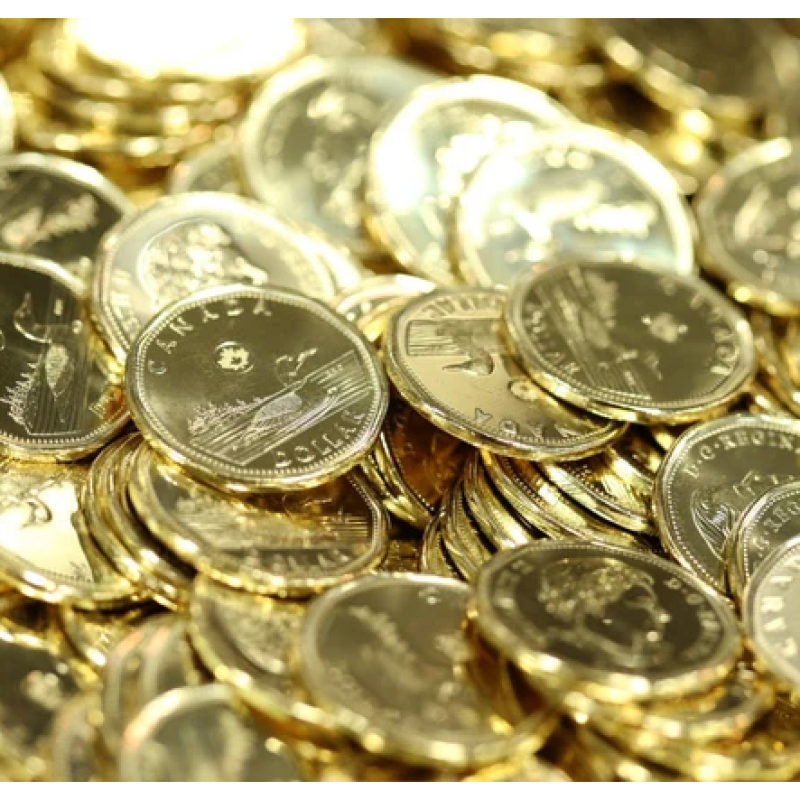
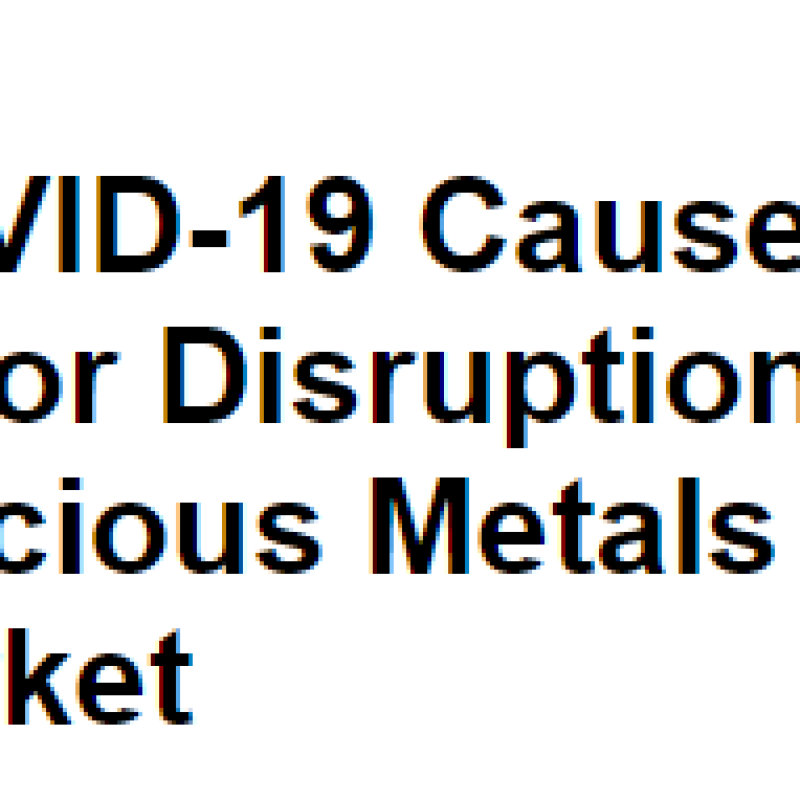
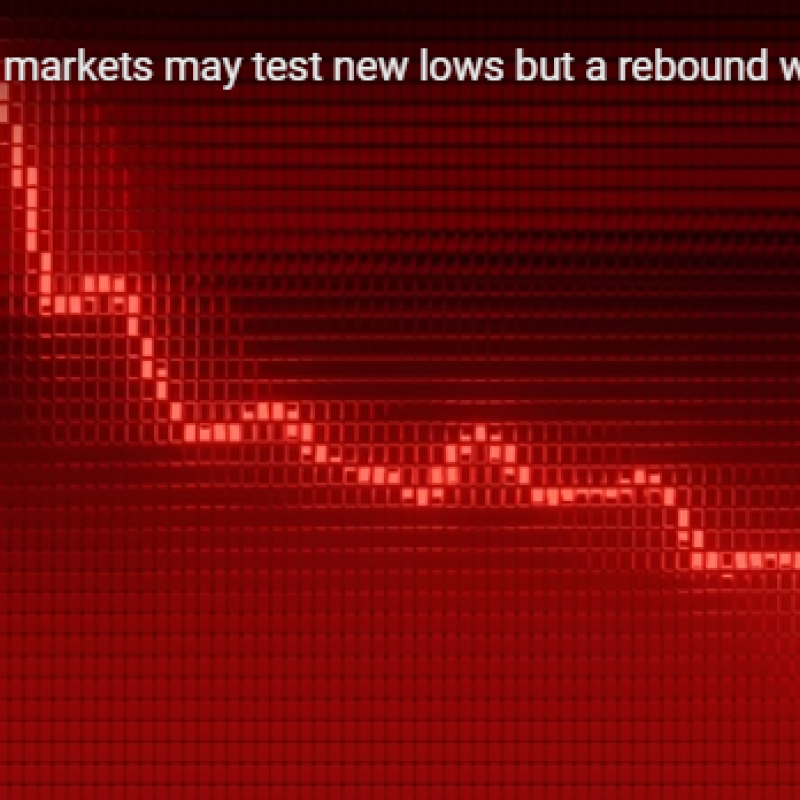
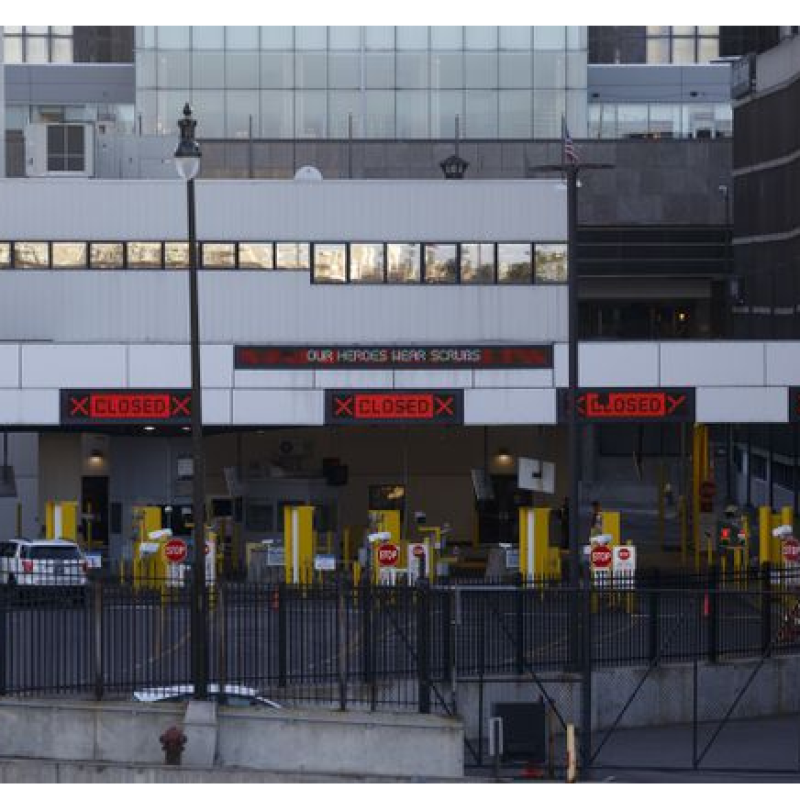
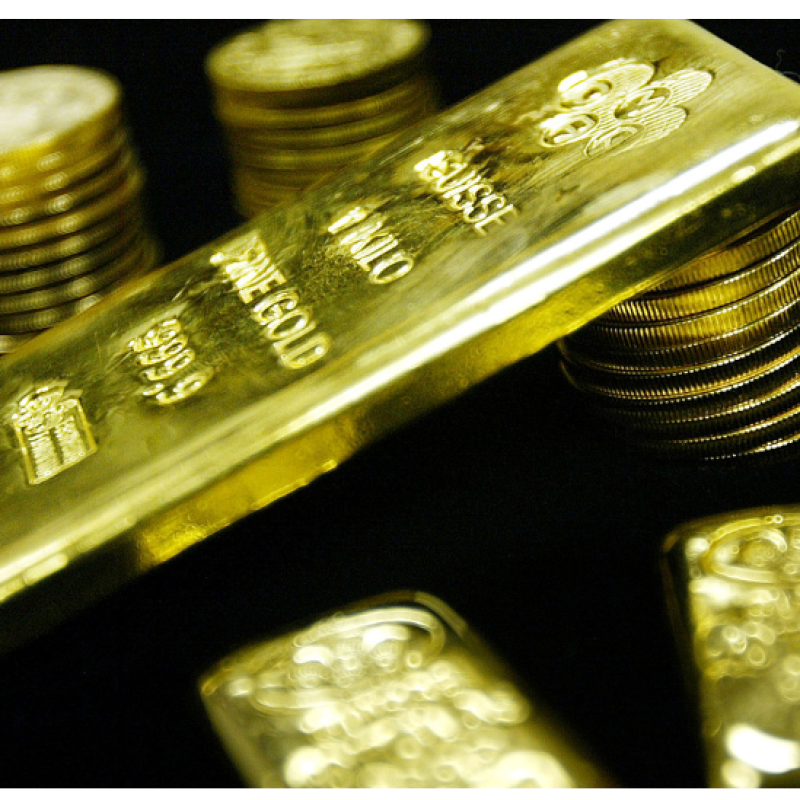
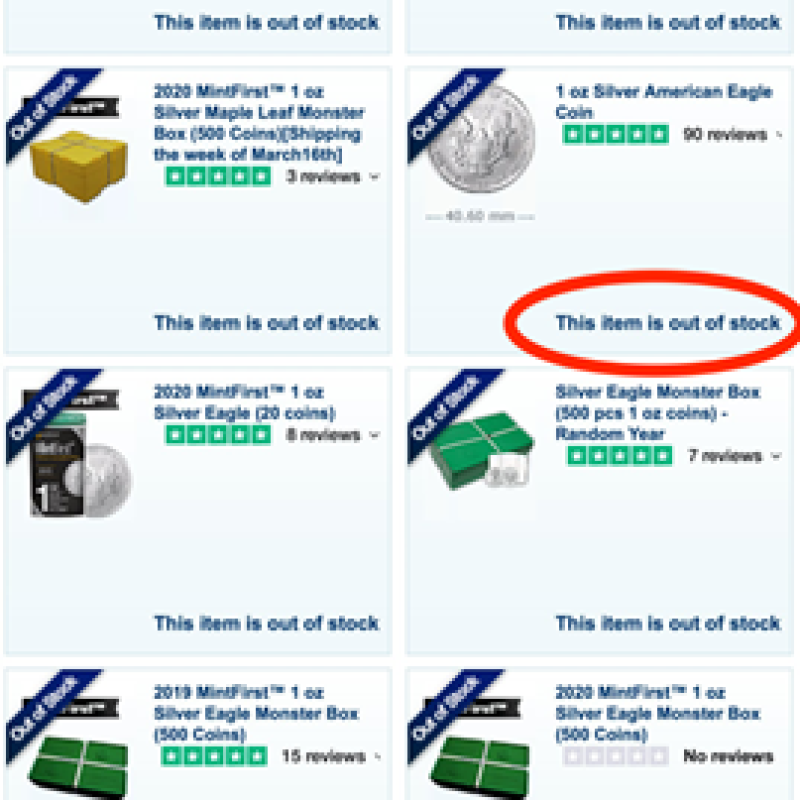
 Pamp Suisse
Pamp Suisse 
